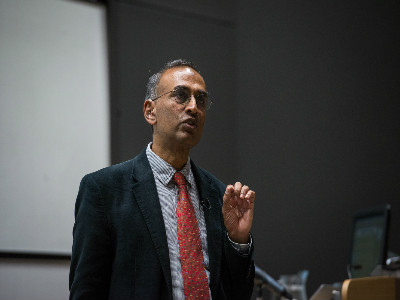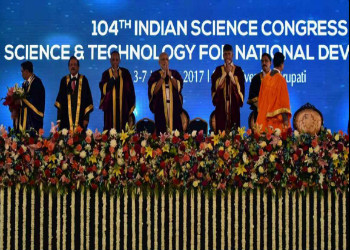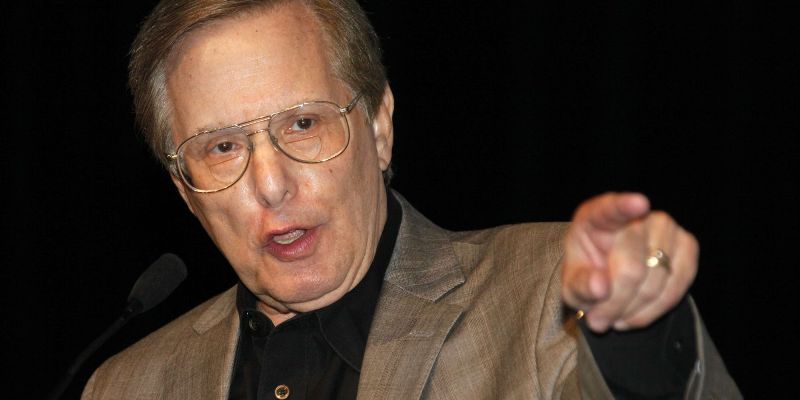

Nobel Laureate and leading scientist Prof. Venkatraman Ramakrishnan has urged India to invest more in science. The president of the Royal Society UK was delivering the 38th Vikram Sarabhai Memorial Lecture on “Science and Technology in a Changing World” in Ahmedabad.
Venkataraman said China and Singapore have already taken a lead in that transition while India’s position was not looking “not so high” as it is not in the top 10 countries.
“India under-invests in science compared to most western countries but that underinvestment is amplified by the fact that private R&D in India is abysmal. In most countries, it is 2:1 ratio private public (investment)….What it requires to be among the top countries for Science is a sustained and substantial commitment to research.”
He said it takes around 50 years to make that transition if backed by good practices.
“Today’s world economy is driven by science and technology. Historically this has been through becoming a manufacturing power but in the 21st century, manufacturing also requires innovation, not just labor,” the scientist noted. Calling for higher investment in private research and development, Venky cited the case of Rolls Royce, which is into manufacturing of engines for jets spends high amounts on R&D just like healthcare major GlaxoSmithKline.
The top scientist said the wealth of a country is indelibly linked to knowledge and innovation. Economic growth precedes scientific growth and quality science is essential to make the transition. Urging long-term funding in scientific research, Venky said countries should not “wait for the economy to get better to invest in science.”
He said India has all the advantages to developing solar power. But it was China that became the largest producer of photovoltaic cells. “Why not India?”, he asked. Pointing out areas where India has the potential to reap a unique advantage, Venky advocated the use of modern methods including GM (genetically modified) for drought and pest resistance and nutritive crops, exploiting solar energy and harness India’s large resources of Thorium.
Venky said India needs to tap its big potential in vaccine development, generic drugs, new drugs, robotics and complex data in the IT field.
PM Modi’s Call At Science CongressMeanwhile, Prime Minister Narendra Modi, while inaugurating the 104th Indian Science Congress at the Sri Venkateswara University in Tirupati on Jan 2 said India is poised to take a high seat in the world in science. Modi said India will be one of the top three countries in science and technology by 2030.
Reiterating his government’s commitment to supporting different streams of scientific research, the PM urged India's best scientific institutions to strengthen basic research in line with global practices.



